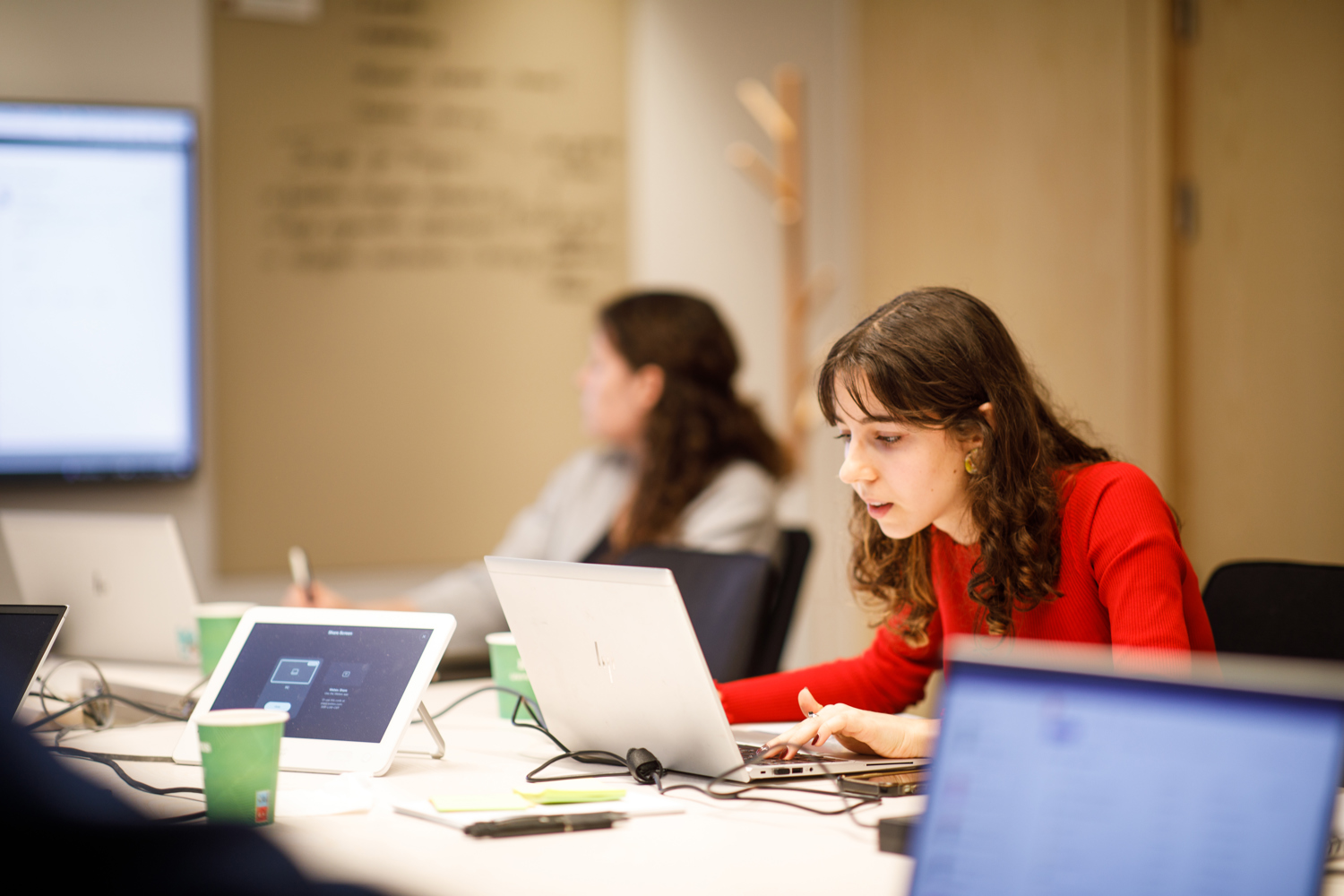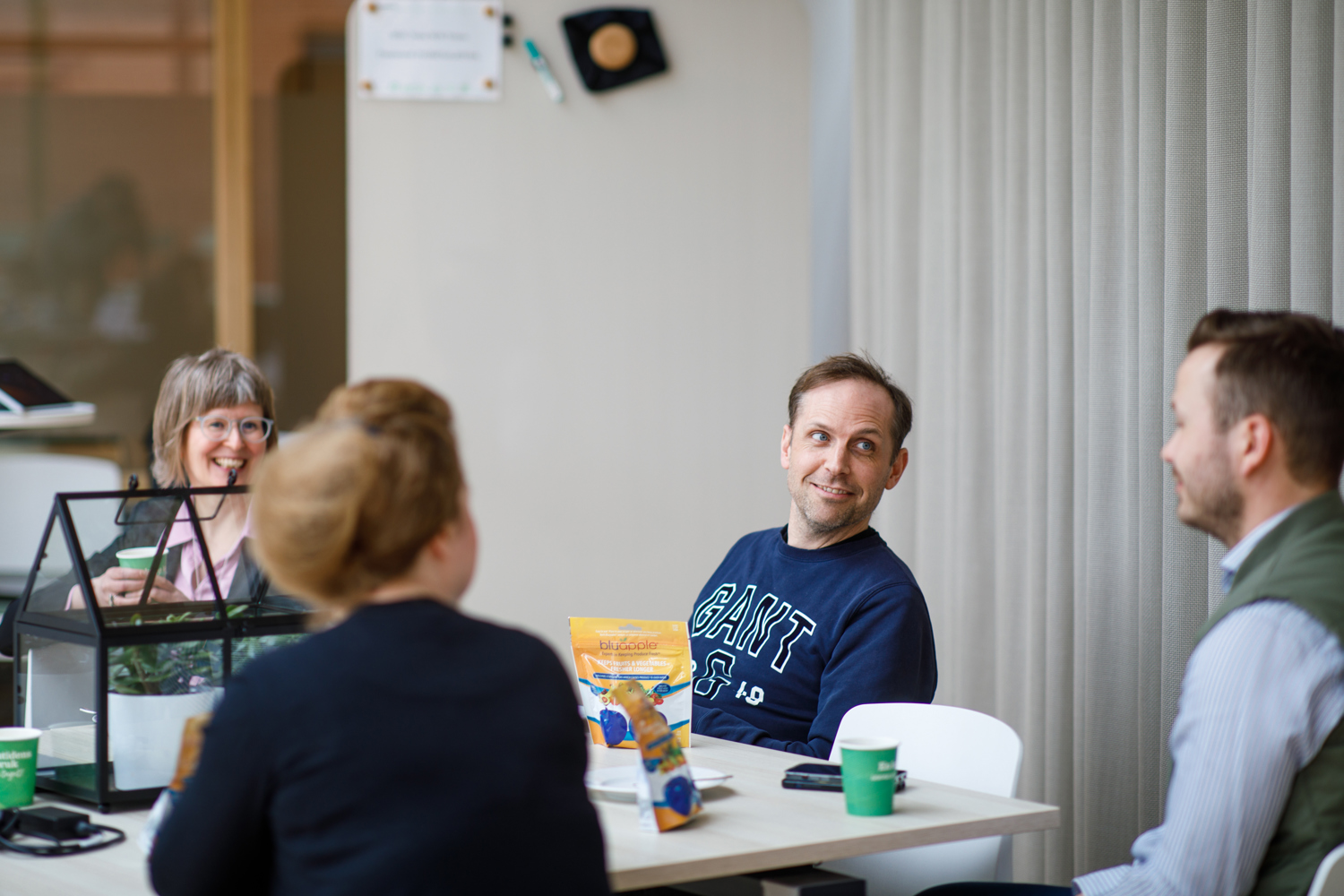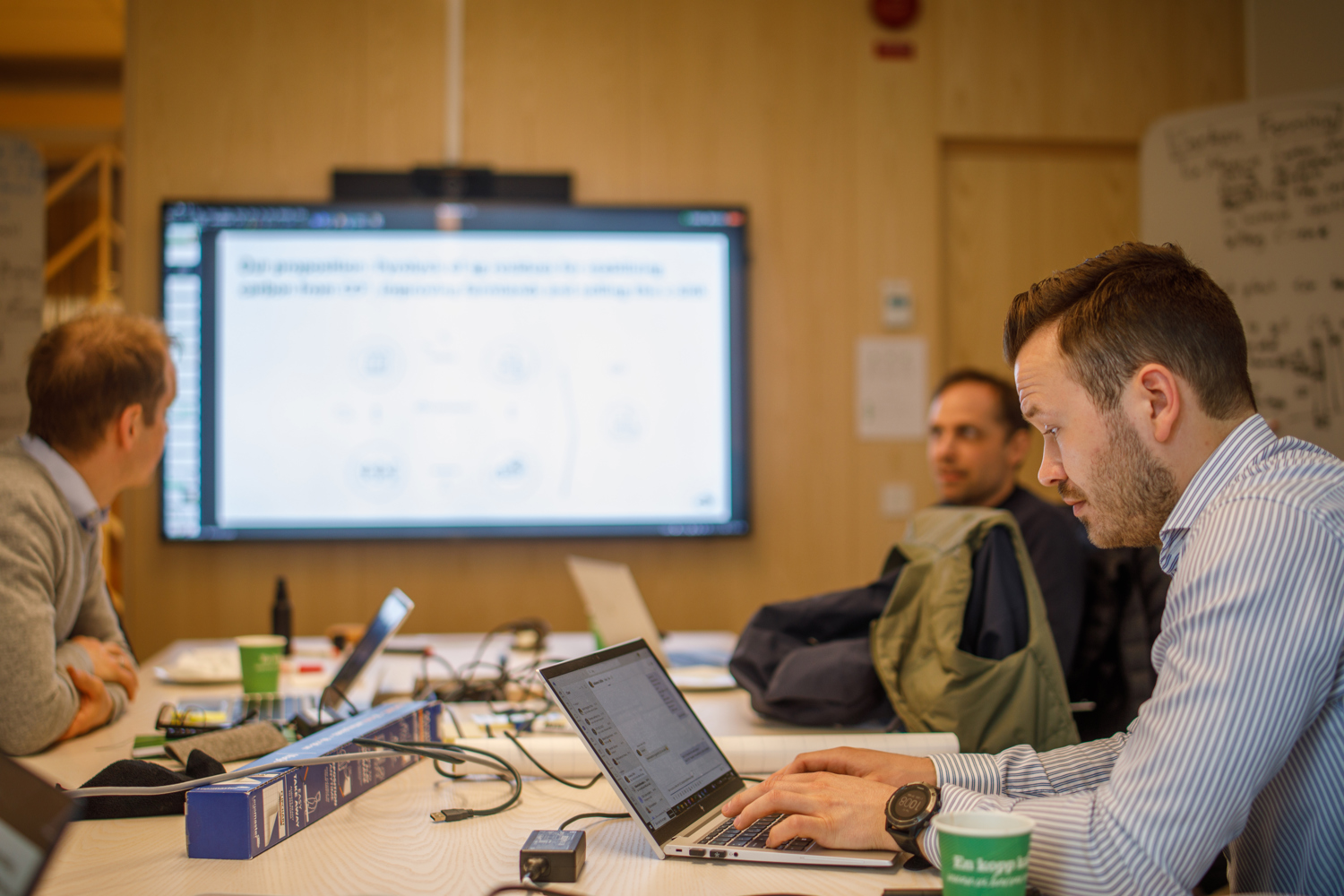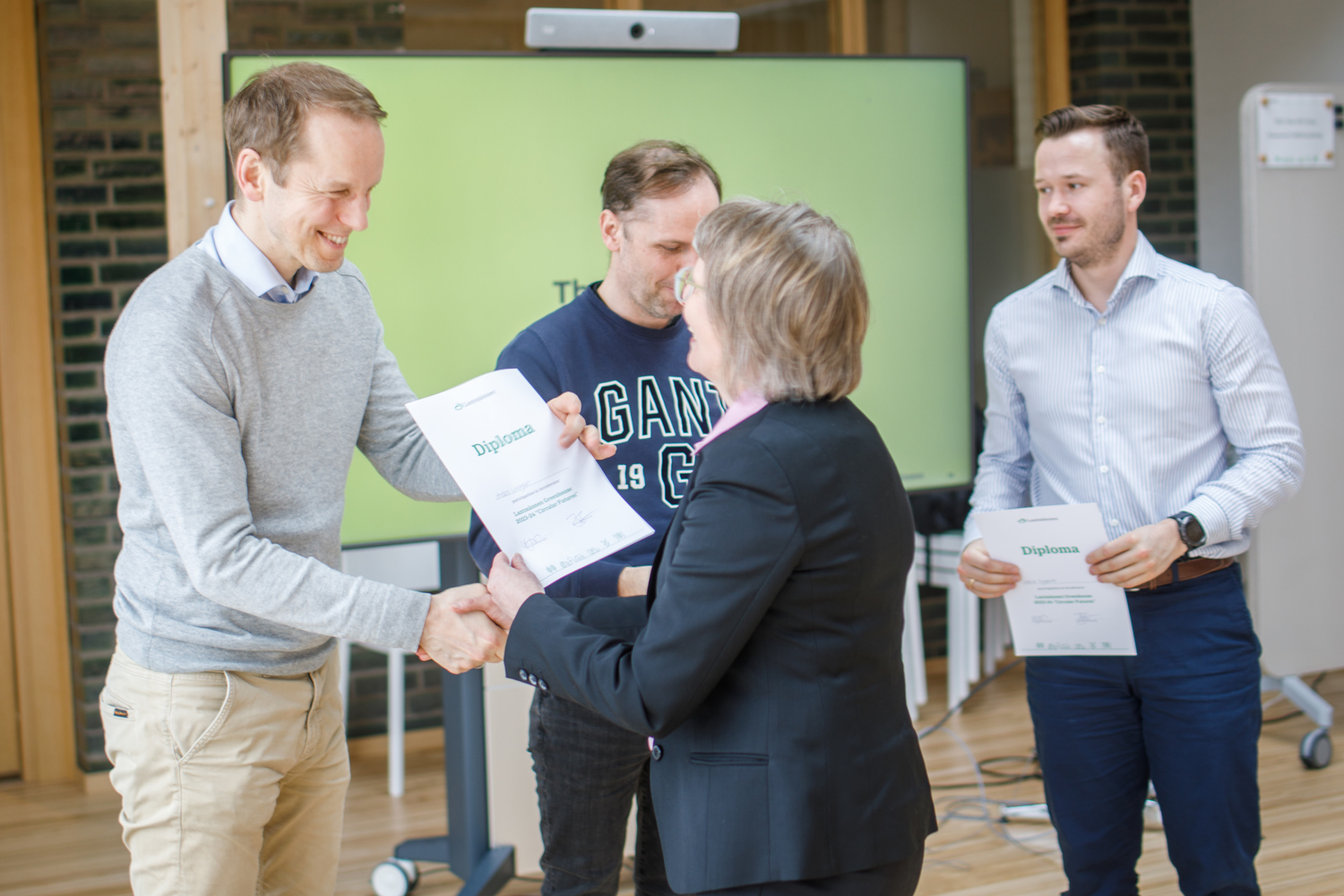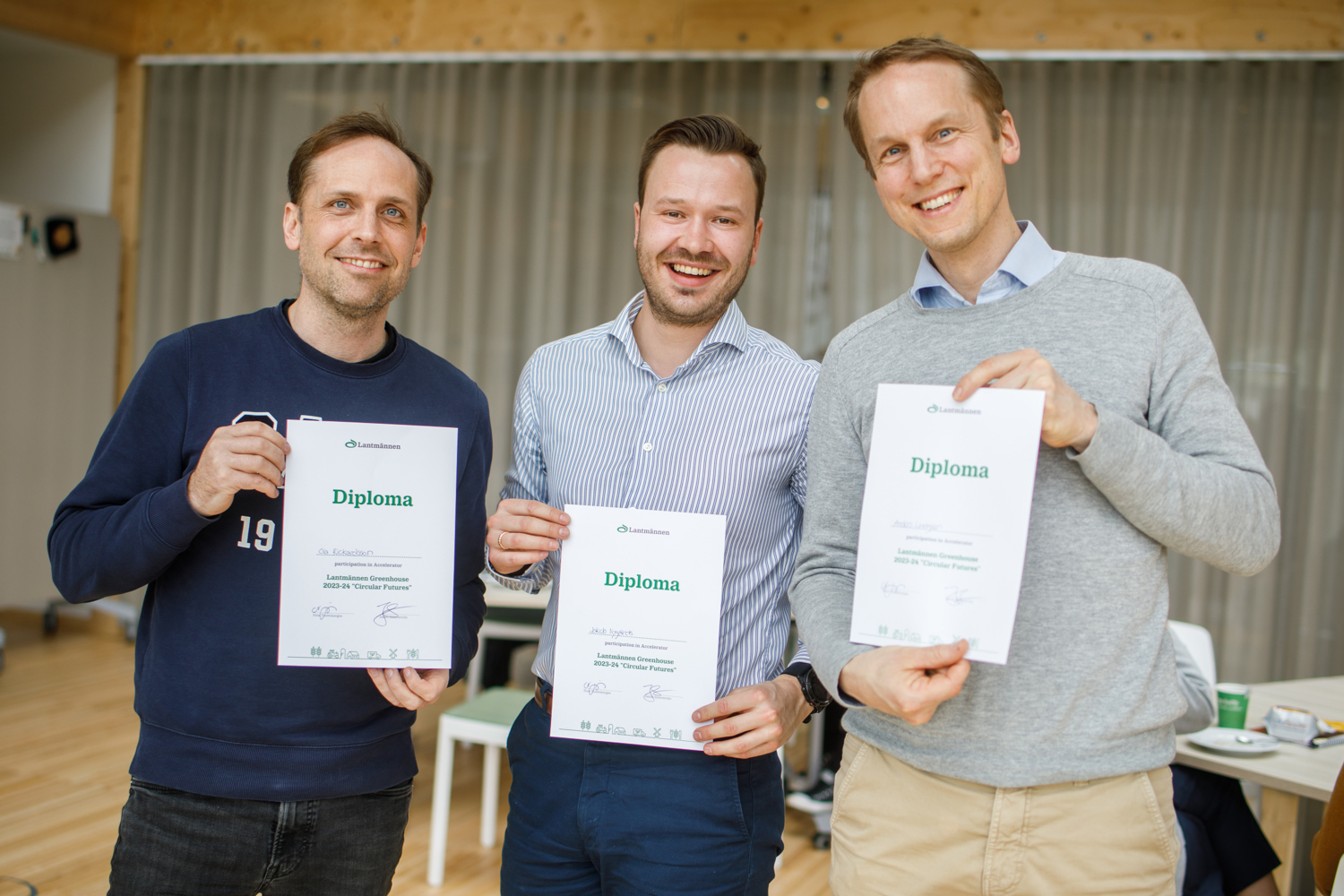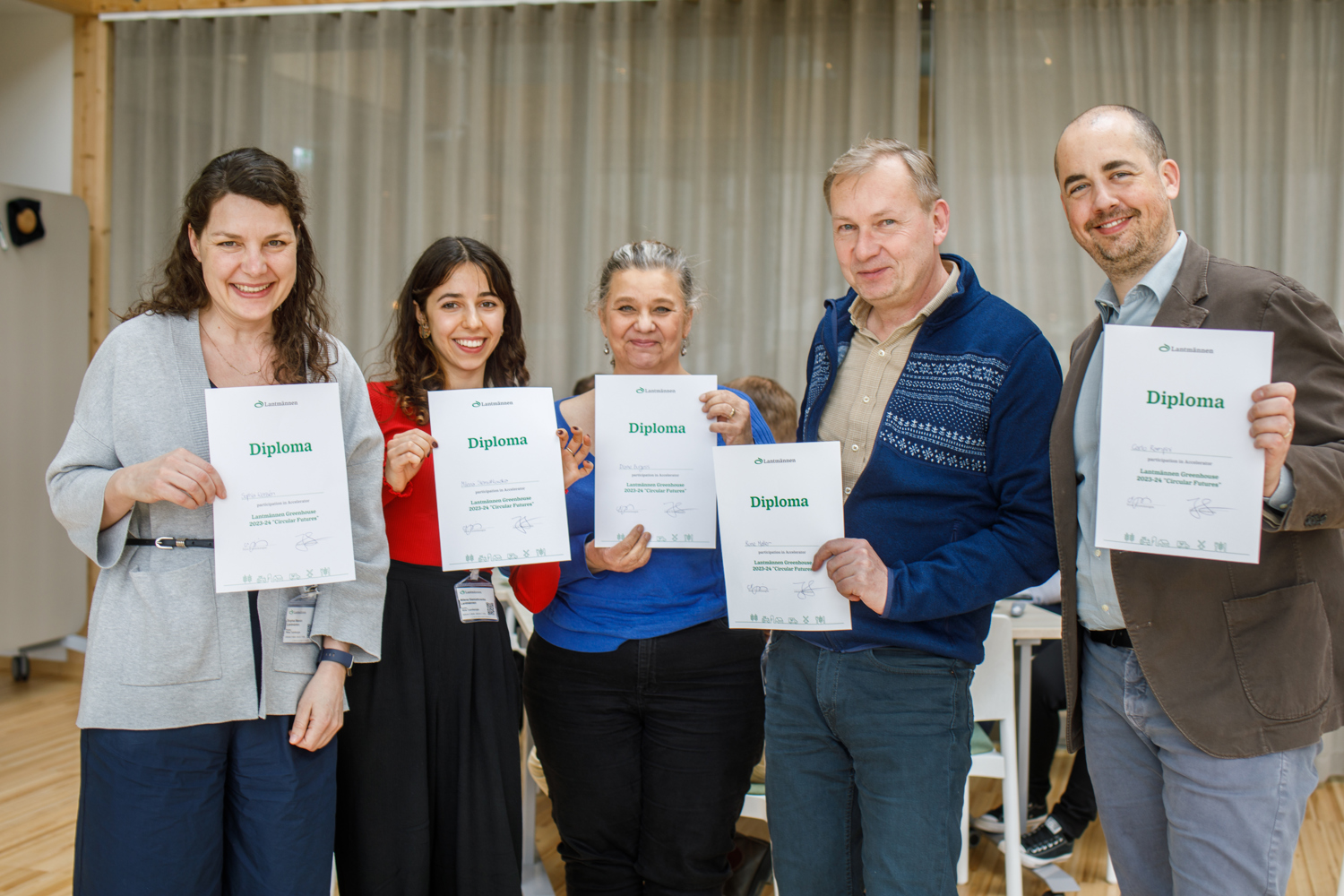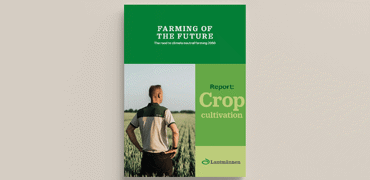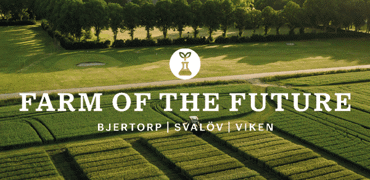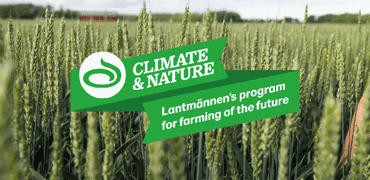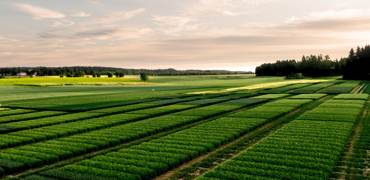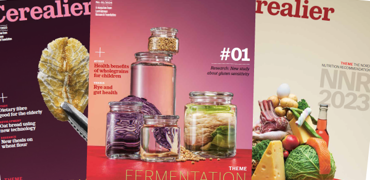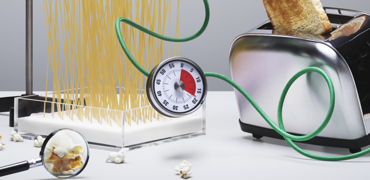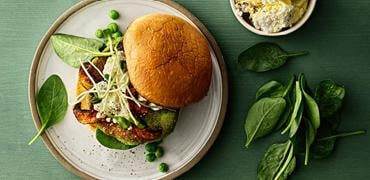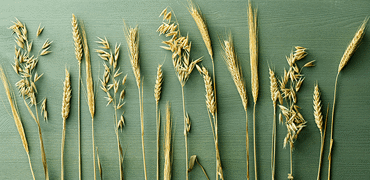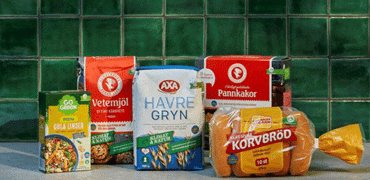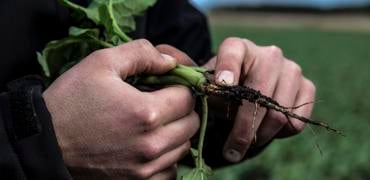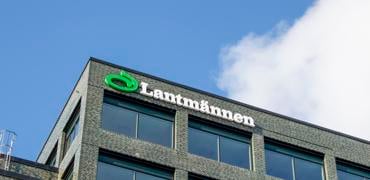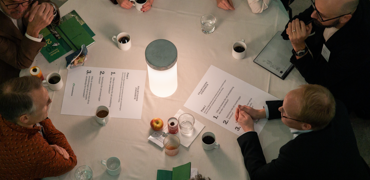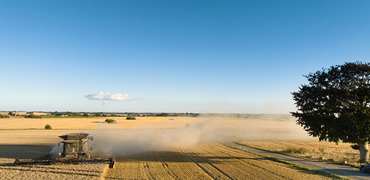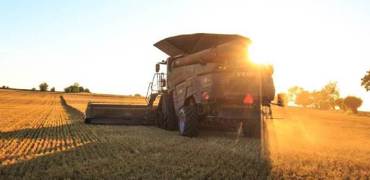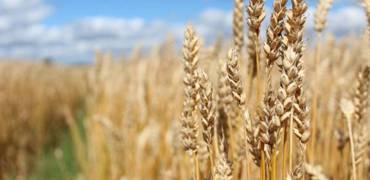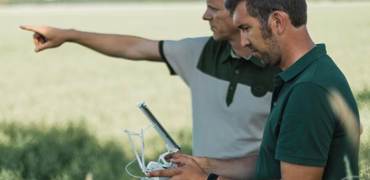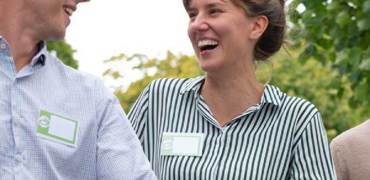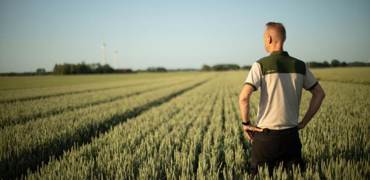Two Lantmännen teams have worked intensively for three days in the Greenhouse's Accelerator in Triton. The program's theme is “Circular Futures” and it aims to decrease waste and increase the value of side streams in the Lantmännen grain value chain.
The focus for these two ideas in Accelerator has primarily been to explore how strong the business ideas really are. Nina Tuomikangas is in her fourth year as program manager for the Greenhouse and knows that the demands are high for the proposals to be implemented: “Yes, there are many great ideas that don't work because they don't take off commercially.” To increase the chance of developing real opportunities, Nina and her colleagues have set up this year's Greenhouse a little differently than before. Right from the start, the focus has been to find solutions that have the potential for great business value.
According to Nina, the two ideas in this year's Accelerator are both innovative and ambitious and have great potential to help Lantmännen tackle the challenges with side streams. One team “Upcycled Bread” has taken a closer look at the bakeries' side streams, while the other team “Project Black” wants to increase the value of the grain intake side streams in agriculture.
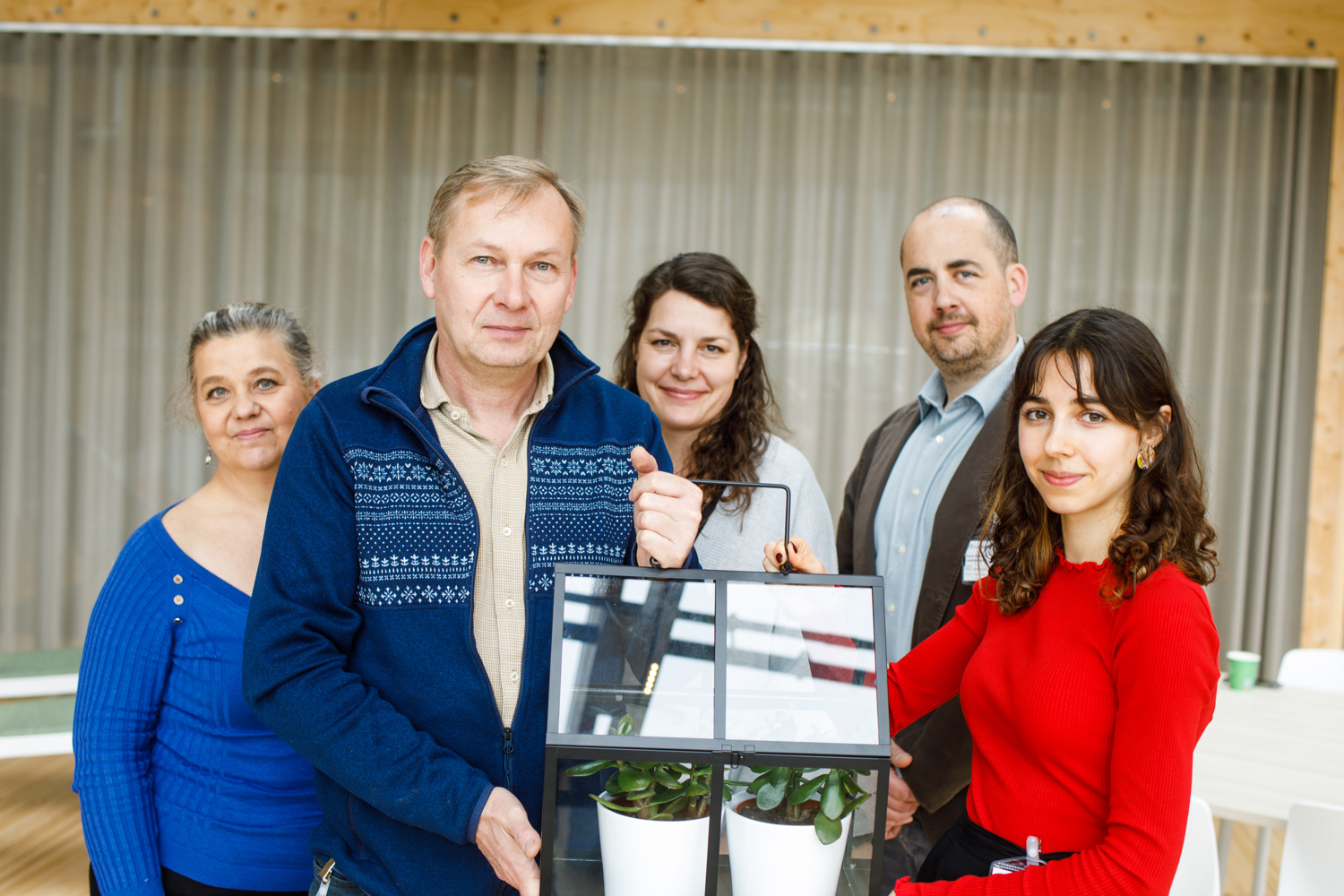
“Upcycled Bread” project team working with a solution for Unibake bakery side streams: Diane Burgess, Rune Møller, Sophia Wassén and Carlo Rampini and Milena Siemiatkowska.
“I feel optimistic!” says Carlo Rampini from Unibake in the “Upcycled Bread” project team. “Our idea to handle bakery waste is very innovative and flexible. It can really contribute in keeping precious nutrients in the human food value chain. But it's not quite ready yet.” Together with colleague Rune Møller, he started working on the idea 2-3 years ago. They have carried out smaller pilot tests, and since spring last year the work has shifted up to a more intensive level.
“Yes, and having an idea is one thing,” says Rune. “Then coming up with a potential business idea is quite another. Turning an idea into a product is surprisingly complex!”
“The most surprising thing for me has been the cost. Despite my many years on the job, I really underestimated the need for investments,” Carlo notes.
“Yes, it would require a large investment to have an impact on sustainability,” says Sophia Wassén from Lantmännen Group R&D. “What I'm wondering is whether it always should be companies that should bear the entire costs like this?”
“And I had no idea how many different things you must consider”, says Milena Siemiatkowska from Unibake. “Everything really needs to be considered! That's why it's important to have different knowledge and backgrounds within the team.” “That has been the best thing about Greenhouse, to have such varied knowledge gathered,” says Unibake's Diane Burgess. “We have been able to bounce ideas off each other and together we have contacts in all sorts of different areas. The synergy is fantastic.”
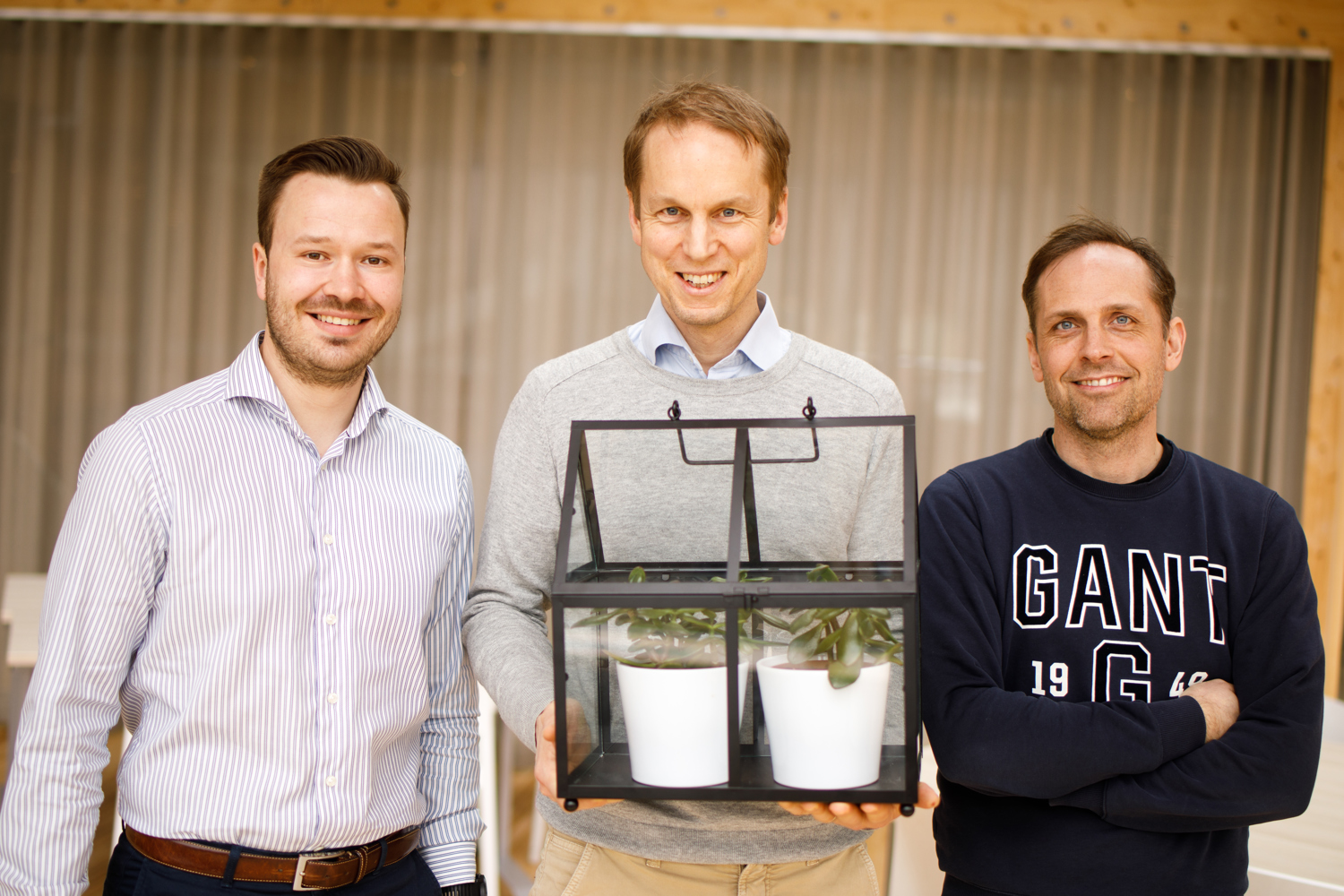
“Project Black” team working with a solution for grain intake residuals in agriculture: Ola Rickardsson, Jakob Nygårds and Anders Lindgren.
The second team, “Project Black” is working on an idea to increase the value of grain intake residuals. The solution is so promising it cannot yet be communicated. “Yes, and it could in theory cover the whole world, so we have had to work on packaging the idea into a concrete pitch”, says Anders Lindgren from Lantmännen Group R&D. “No one could implement this as well as Lantmännen”, says the originator of the idea, Ola Rickardsson from Gyllebo Gödning. He smiles widely and adds: “It's surprising that no one has already done this!” It's clear that they believe in their innovation and would love to tell all about it – but they're even more anxious to see it take off.
“The gut feeling is that it requires much commitment, but I hope that the dragons see the potential and that we as an organization stand behind this development,” says Ola. “This could be an important part of our journey in becoming an even more sustainable company,” says Jakob Nygårds from Unibake. “After all, there is a lot of innovation around residual products in other areas – it would be important to come up with a solution also in agriculture.” “In any case, it has been very interesting to be able to take an interesting idea and mangle it for days”, notes Ola. He is interrupted by Nina Tuomikangas entering the room:
“Super impressive pitch deck!” she exclaims when she sees the presentation.
The Greenhouse is approaching the final phase. When the two proposals from the Accelerator have been presented to the Dragon's Den, it is time to summarize the program – and start planning the next theme. “We will certainly have many improvement ideas this year as well because we are constantly improving the Greenhouse process. But we have managed to overcome some challenges that we have been carrying for a long time”, says Nina. Her hope is that Greenhouse’s updated working method will also be used outside the Greenhouse workshops. “Yes, we would like to work in different ways together with Lantmännen's businesses. Maybe hold workshops around specific challenges, maybe share our templates and simple instructions for anyone who wants to test the process in their teams. We have understood the need and now we want to find good ways to respond to it.”
Team Innovation, to which Nina belongs, has already received proposals to support a couple of projects.“Yes, after our Hackathon, several participants have told us they want to test our way of working. My dream is that more people can adopt it and that we achieve our vision of becoming the most innovative company in our industry.”
Thank you project teams, and good luck in the Dragons Den!
